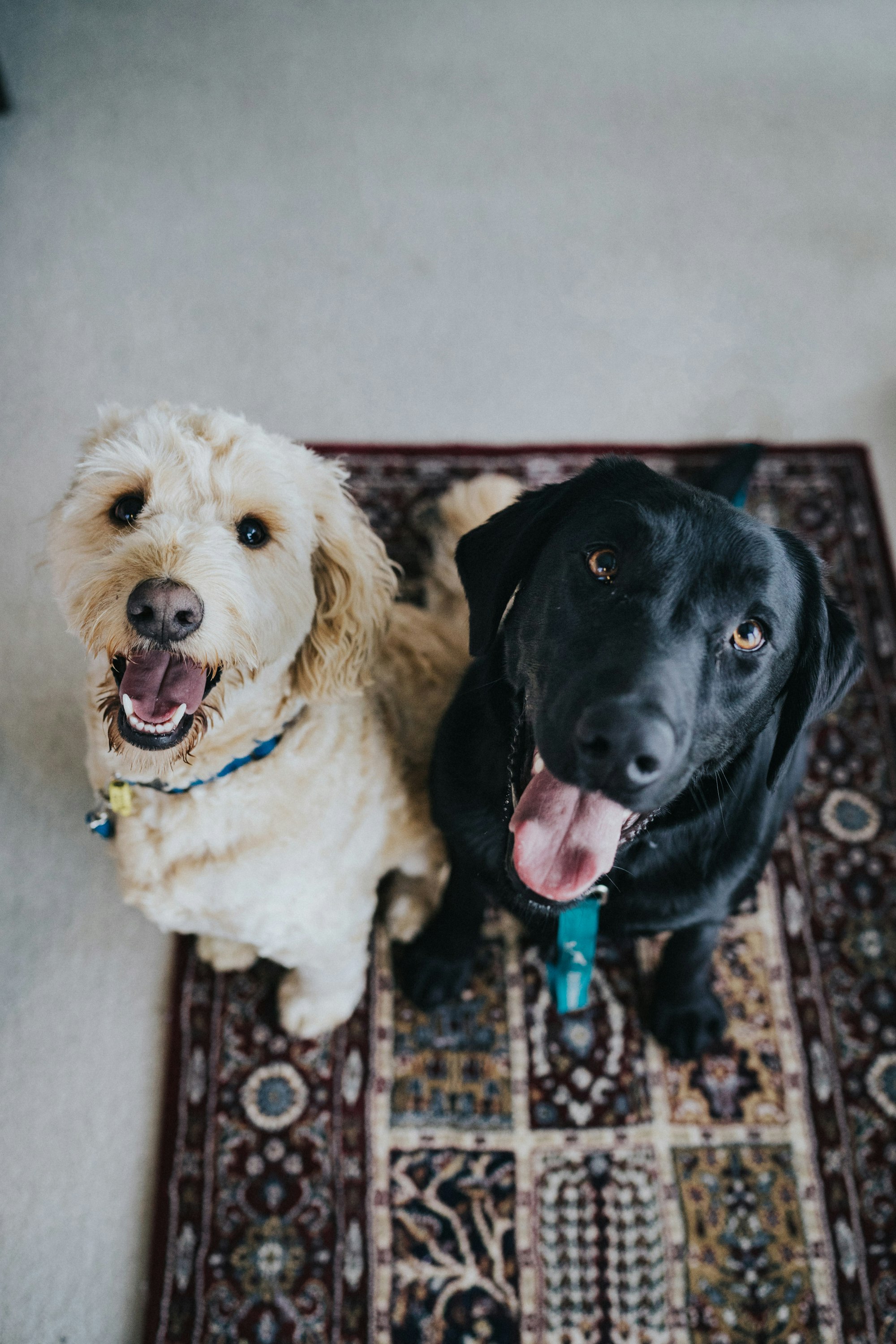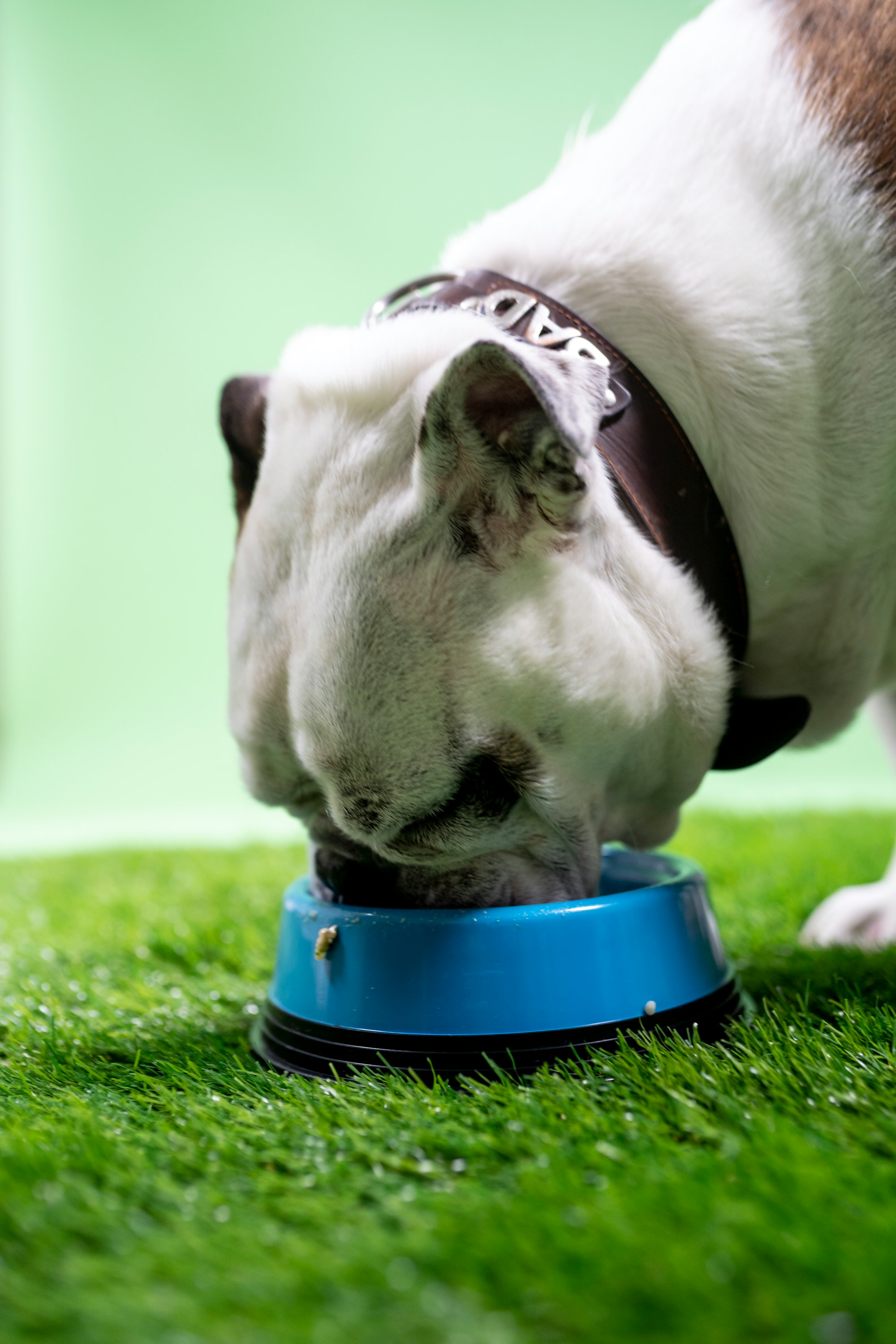The world of dog ownership is a world of endless questions. It seems every little action, every morsel of food your furry friend is about to ingest, triggers a new question. For instance, "Can dogs safely eat pistachios?" It sounds innocent, yet the answer can have significant health implications for your beloved pet.
A Sudden Interest in Pistachios
Let's say you're sitting on your couch, enjoying a packet of pistachios, when your canine buddy pads over with those big, pleading eyes. It's tempting to toss over a nut, but should you?
What's the Big Deal About Pistachios?
On the surface, it seems like there wouldn't be any issues. Pistachios are healthy snacks for us humans, loaded with protein, healthy fats, fiber, and a variety of vitamins and minerals.
Yet, when it comes to dogs and pistachios, the story isn't so straightforward.

The Risks of Pistachios and Dogs
Pistachios, while non-toxic in themselves, pose a number of potential health risks to dogs. The main concern? Pancreatitis. This condition, which refers to inflammation of the pancreas, can occur if a dog eats too much fat. Given that pistachios are relatively high in fats, they're not the best snack for your pup.
Additionally, pistachios can be a choking hazard. The size and shape of these nuts aren't exactly designed for a dog's throat, and the shells, if swallowed, can cause intestinal blockage.
Pistachio Poisoning in Dogs: It's All About the Mold
Worse yet, pistachios are prone to mold contamination, specifically a type of mold that produces a deadly toxin called aflatoxin. Aflatoxin can cause severe liver damage in dogs and lead to symptoms like loss of appetite, lethargy, vomiting, jaundice, and even death in severe cases.
Nuts Dogs Can Eat and Can't Eat
Not all nuts are off-limits for dogs. For instance, peanuts (which technically aren't nuts) and cashews are generally safe, provided they're unsalted and not given in large amounts. Almonds, walnuts, macadamia nuts, and of course, pistachios, should be avoided.
Pistachio Alternatives: Dog-Friendly Foods
So, what can you give your dog instead of pistachios? Plenty! Carrots, apples, blueberries, and cucumbers are all safe and healthy options. High-quality dog treats are always a good choice, too. You could even try a flirt pole for an engaging play session, which not only provides physical stimulation but also mental stimulation for your pet.
Exercise as a Part of Dog's Health
While we're talking about overall health, it's important to mention the role of physical activity. Regular walks, hikes, and other exercises are crucial to maintaining your dog's health. So next time you think about sharing your snack, consider going for a walk or a hike instead. It'll do both of you a world of good!
Extra Activities for Dogs
You could also engage your dog in other activities like scent work, which can help stimulate their brain and keep them occupied. This could be especially beneficial for high-energy breeds that require more than just physical exercise.
Dog Therapy: The Emotional Side
A well-fed dog isn't necessarily a happy dog. Emotional health is as important as physical health. Therapy sessions can help address any behavioral issues your pet might have and improve their overall well-being.
The Colorful World of Dog Coats
Now, you might wonder what a dog's coat color has to do with their diet. As it turns out, diet can influence the health and vibrancy of your dog's coat. While pistachios aren't the right choice, foods rich in Omega-3 and Omega-6 fatty acids can help maintain a shiny, beautiful coat.
Better Safe than Sorry: Pistachios and Pet Health
When it comes to your pet's health, it's always better to play it safe. This couldn't be more true when it comes to feeding your dog pistachios. The risks — pancreatitis, choking, mold contamination — far outweigh any potential benefits. Always think twice about what you're sharing from your plate, and when in doubt, seek professional advice.
Your Vet is Your Guide
A veterinarian's advice should be your guiding light in matters of dog nutrition. Their expertise can help you understand which foods are safe for your dog and which aren't. They can provide you with a list of foods to avoid, as well as suggest alternatives. Keep in mind that each dog is unique, and what works for one might not work for another.
Canine Dietary Guidelines
When it comes to your dog's diet, it's crucial to understand that there's no one-size-fits-all approach. Factors such as age, breed, size, and overall health significantly influence what your dog can and should consume. For instance, did you know that a dog can eat peaches, but that doesn't mean it's suitable for every dog? That's precisely why consulting your vet is essential. They can create a customized dietary plan to meet your furry friend's unique needs.
Dogs and Human Foods: A Tricky Terrain
Navigating the world of human foods that dogs can and can't eat can be tricky. Some foods, like lean meats, some fruits, and vegetables, can be a healthy addition to your dog's diet. Others, like chocolate, grapes, and yes, pistachios, can be dangerous.
It's always crucial to do your research before introducing a new food into your pet's diet. And remember, just because your dog wants to eat it doesn't mean they should.

A Lifestyle Approach to Dog Health
Feeding your dog a healthy, balanced diet is just one piece of the puzzle. To truly ensure your dog's health, you need to adopt a lifestyle approach. Regular vet check-ups, physical exercise, mental stimulation, and emotional care are all part of this equation.
Exercise
When it comes to dog health, few things are as beneficial as regular exercise. It keeps your pet physically fit, of course, but also offers a host of other benefits. For example, it helps prevent behavioral problems, strengthens the bond between you and your dog, and even promotes a healthy coat.
Consider adding activities like hiking to your routine. It's a great way for you both to get out in nature, get some exercise, and spend quality time together.
Beyond Physical Exercise
Physical exercise is great, but don't underestimate the power of play. Toys like flirt poles can offer an excellent workout and keep your dog mentally stimulated. Games that engage your dog's sense of smell, like scent work, can be particularly beneficial. These activities can tire out your dog, keep them happy, and curb any unwanted behaviors.
More Than Just a Happy Dog
Ensuring your dog's emotional well-being is as important as their physical health. A healthy diet and regular exercise can go a long way, but don't overlook the power of therapy. Just like humans, dogs can suffer from anxiety, stress, and other emotional issues. Dog therapy can help address these problems, improve your dog's overall behavior, and enhance their quality of life.
Understanding the Risks
In conclusion, can dogs safely eat pistachios? No, they cannot. Despite their health benefits for humans, pistachios carry too many risks for dogs. Always keep your pistachios out of your dog's reach, and stick to dog-friendly treats instead. And remember, when it comes to your dog's diet and health, always consult your vet. They're your best resource for ensuring your furry friend lives a long, healthy, and happy life.
An Essential Tool for Dog Parents
While we're discussing your dog's health and safety, it would be a miss not to mention a critical tool that can help monitor and protect your furry friend — the Fi dog collar.
A Nifty Gadget for Monitoring Your Dog's Health
This smart collar is so much more than just a stylish accessory for your pet. It's essentially a fitness tracker for dogs, allowing you to monitor your dog's activity levels throughout the day. If you're worried that Fido might not be getting enough exercise, the Fi dog collar provides data that can help you adjust their daily physical activities. Regular hikes or walks, for instance, can be tracked and measured.
By ensuring that your dog gets the right amount of exercise, you'll be taking a significant step towards preventing health issues related to inactivity, such as obesity and joint problems. And remember, a physically fit dog is less likely to be interested in potentially harmful snacks like pistachios.
Ensuring Your Dog's Safety
But that's not all. The Fi dog collar also features a GPS tracking system, ensuring that your furry friend is safe at all times. This is especially handy during outdoor activities like hiking. With the Fi collar, if your adventurous pal decides to take a detour, you can quickly locate them.
A Companion for Play and Training Sessions
And let's not forget about playtime. Whether you're using a flirt pole for a fun, high-energy game, or doing some scent work for mental stimulation, the Fi dog collar's tracking feature can provide valuable insight into your dog's energy expenditure. This data can then inform any necessary adjustments to their diet and exercise routine.
An Aid for Therapy Sessions
Even during therapy sessions, the Fi collar can be a useful tool. Any changes in your dog's activity levels might signal emotional distress and need for behavioral intervention. Keeping track of your pet's day-to-day activities, thus, can provide a more comprehensive picture of their overall well-being.
Keep Your Dog's Coat Shiny and Bright
And guess what? A healthier, happier, and more active dog will also have a shinier coat! Remember the link between your dog's diet and the vibrancy of their coat? Well, regular exercise also plays a big role. And with the Fi collar, tracking your dog's physical activity becomes a piece of cake.

The Final Word
As a loving dog parent, it's natural to want to share everything with your four-legged companion. But when it comes to foods like pistachios, sharing can be detrimental. Despite their benefits for human health, pistachios pose significant risks for dogs, such as pancreatitis, choking, and aflatoxin poisoning.
Remember, what's healthy for us might not be healthy for our canine friends. Their dietary needs differ significantly from ours. When in doubt, always consult your vet. They can provide guidance tailored to your dog's age, breed, size, and overall health status.
Of course, a dog's health goes beyond just their diet. Regular exercise, mental stimulation, and emotional care are all crucial components of a healthy life for your pet. Whether it's a long walk, a challenging game of scent work, or an engaging session with a flirt pole, these activities can help keep your dog healthy and happy.
Don't forget to monitor their exercise and activities with tools like the Fi dog collar. This smart gadget can track your dog's physical activity levels, monitor their location, and even aid in therapy sessions, contributing to a comprehensive approach to your pet's well-being.
And lastly, always remember that a healthy dog is more than just a well-fed dog. The color and health of your dog's coat, their physical fitness, and their emotional well-being are all signs of overall health. Regular vet check-ups, a balanced diet, appropriate exercise, and plenty of love and care are the keys to a long, joyful life for your pet.
To sum it up, can dogs safely eat pistachios? No. But can they lead a healthy, joyful life without them? Absolutely! Your dog might not understand why they can't have that tasty pistachio you're munching on, but they will definitely appreciate the long, healthy, and happy life that results from a pistachio-free diet.

